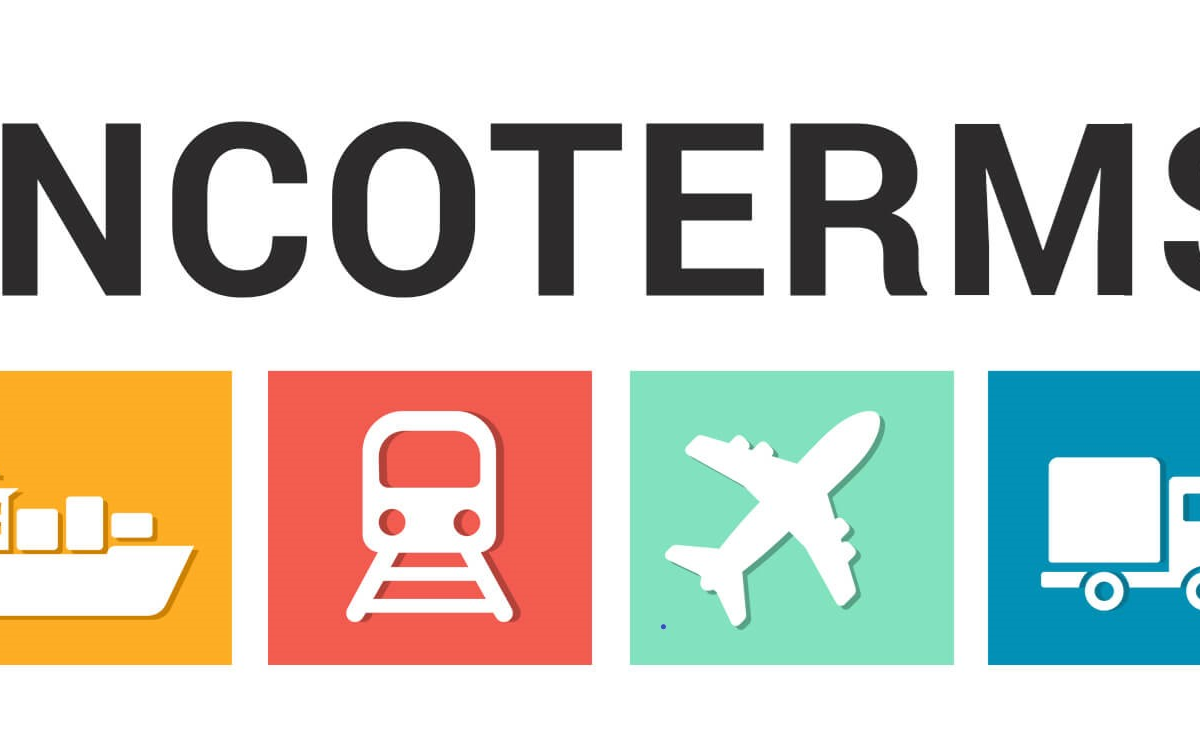
With the global trade landscape changing, businesses need to be at the forefront to remain competitive. The United States-Mexico-Canada Agreement (USMCA) that came into effect in place of NAFTA in 2020 is full of opportunities for businesses ready to tread its complexity journey. Regulatory expertise can assist businesses in unlocking duty savings, customs clearance efficiency, and supply chain optimization while minimizing risk and penalties on non-compliance.
Learning the Basics: Rules of Origin and Certificates
USMCA lies in its rules of origin, which determine whether a product is qualified for preferential treatment under the agreement. Think of these as the “made in North America” regulations. To become duty-free, businesses must produce a USMCA Certificate of Origin. The certificate serves as proof that a product meets the agreement’s standard of origin, which can involve regional value content provisions or significant transformation of goods.
For example, a vehicle must carry a minimum of 75% North American content to qualify under the requirement—compared to 62.5% under NAFTA. Similarly, the textile and electronics sectors each have their own requirements of origin. Satisfying these requirements is more than just paperwork; it’s a cost-competitiveness and long-term trade compliance-enhancing strategic choice.
Duty Savings Opportunities
One of the most persuasive advantages of the USMCA is its potential for duty savings. Through the procurement of materials and production within the USMCA market, companies are able to eliminate high tariffs and lower overall production costs. Not only does this translate into cost savings, but it also improves market competitiveness.
These savings come with the power of regulatory nous, due documentation, and accurate understanding of provisions under the agreement. In their absence, companies risk missing out on benefits accruing to them or violating compliance standards.
Streamlining Customs Clearance
Smooth and hassle-free customs clearance is another area where regulatory awareness can make an enormously valuable impact. Customs backlog has the power to break up supply chains and blow up expenditures. Businesses which maintain good documentation—bills of materials, statements from suppliers, and certificates of origin—are best positioned to observe that items get cleared across borders without obstacles.
Advance planning, compliance audits, and active engagement with customs agencies are the keys to leveraging this component of the value of the USMCA. These actions guarantee lower penalties and a smooth stream of goods.
Supply Chain Optimization
The USMCA encourages firms to reconsider and rebuild their supply chains. Nearshoring—production and sourcing closer to home—is increasingly attractive as firms look to diversify away from distant or politically unstable regions.
By coordinating operations to USMCA origin requirements, businesses become more responsive and efficient. This not only minimizes global risk but also facilitates regional trade advantages, leading to simpler customs clearance and greater duty savings.
Reducing Risks and Penalties
Non-compliance with USMCA regulations can lead to fines, back tariffs, and loss of preferential treatment status. Here, regulatory intelligence is critical. Businesses must implement strong internal controls, conduct regular training, and actively cooperate with customs officials to remain compliant.
Mitigation activities such as risk assessments, employee training, and internal audits maintain ongoing conformance with USMCA regulations, protecting reputation and margins too.
From Expansion to Efficiency
As much as the USMCA offers giant market growth opportunities, its greatest value is perhaps the efficiencies that it enables. With smart application of provisions such as rules of origin, tariff, and documentation requirements, businesses can increase growth potential as well as operating efficiency.
Whether duty savings, price benefits, or supply chain optimization, the USMCA is a strategic platform for North American trade management with compliance, competitiveness, and confidence.



